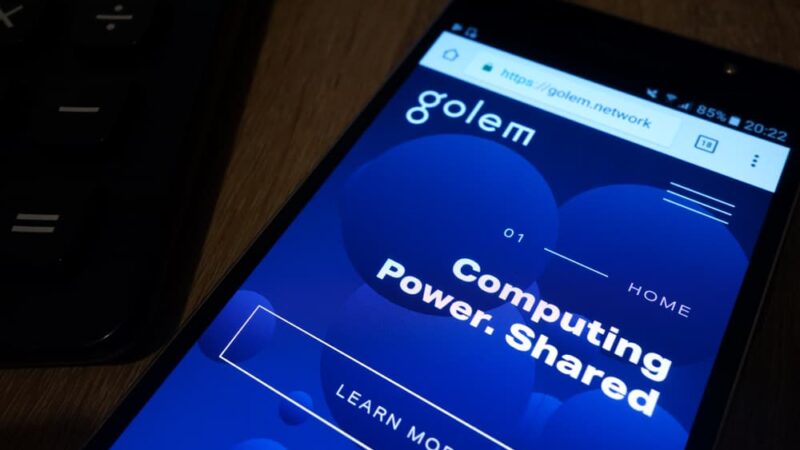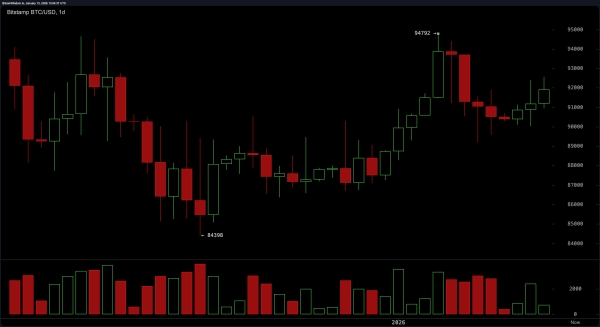Bitcoin Core devs think it would be easy, and funny, to attack Knots
It is becoming increasingly difficult to protest Bitcoin Core version 30 (v30).
Determined to roll out a major change to the Bitcoin network’s largest mempool and seal their victory over dissidents in this year’s OP_RETURN war, a pro-v30 mining pool consultant was laughing this weekend about attacking dissident nodes for sport.
Although Bitcoin developer and creator of Marathon’s Slipstream mining queue did not actually sustain that attack, many pro-v30 developers were mocking at how funny it would have been.
In the hypothetical attack tickled pro-v30 influencers, he described identifying Knots nodes using their Comcast residential internet Autonomous System Numbers. He would have then spun up over 90 nodes, hypothetically speaking, and repeatedly have requested an Initial Block Download from those Knots nodes.
In other words, he described a Denial of Service (DoS) attack against Knots nodes.
Read more: Three sneaky changes in Bitcoin Core v30 are confusing node operators
Soon, a mischaracterization of the event went viral on X. Next, a co-host from the recorded meeting clarified that no one actually sustained any attack.
Knots vs Bitcoin Core v30
Continuing a war that has lasted most of this year, Knots is protesting Core v30. The current version is 29.0, and 30.0 is scheduled to launch in October.
Running a Knots node, a fork of Core software that maintains traditional limits on OP_RETURN outputs, is the most popular way to signal disagreement with the changes in Core’s v30.
As opposed to v30 which will relay transactions of up to 1MB across its default mempool, Knots will not relay OP_RETURN outputs exceeding 0.01% of that data size.
Core and Knots disagree over easing the default mempool acceptance for large amounts of data unrelated to the on-chain movement of BTC.
Many Core developers, prompted by corporate interests although arguing using mostly non-corporate rhetoric, believe it is fine to harmonize mempool policy with the base layer protocol which technically allows large quantities of data in OP_RETURN outputs. Knots oppose easing these mempool filters, arguing that large quantities of arbitrary data burden node operators with senseless computation.
Knots teased with hypothetical DoS attack
According to a recording of a social audio space on X, the creator of Marathon mining’s Slipstream thinks it would be relatively easy to identify and DoS attack a large number of Knots nodes. Knots lead developer Luke Dashjr reposted that recording with technical instructions for Knots node operators to defend against the hypothetical attack.
The attack, were it ever to be sustained, would be particularly effective against Knots node operators who use residential internet and default computer settings.
The quick defense, as Dashjr described, would be for Knots node operators to manually limit their data upload rate to avoid overwhelming their data limitations set by their Internet Service Providers (ISP). Dashjr described a method for setting a maximum daily data upload.




